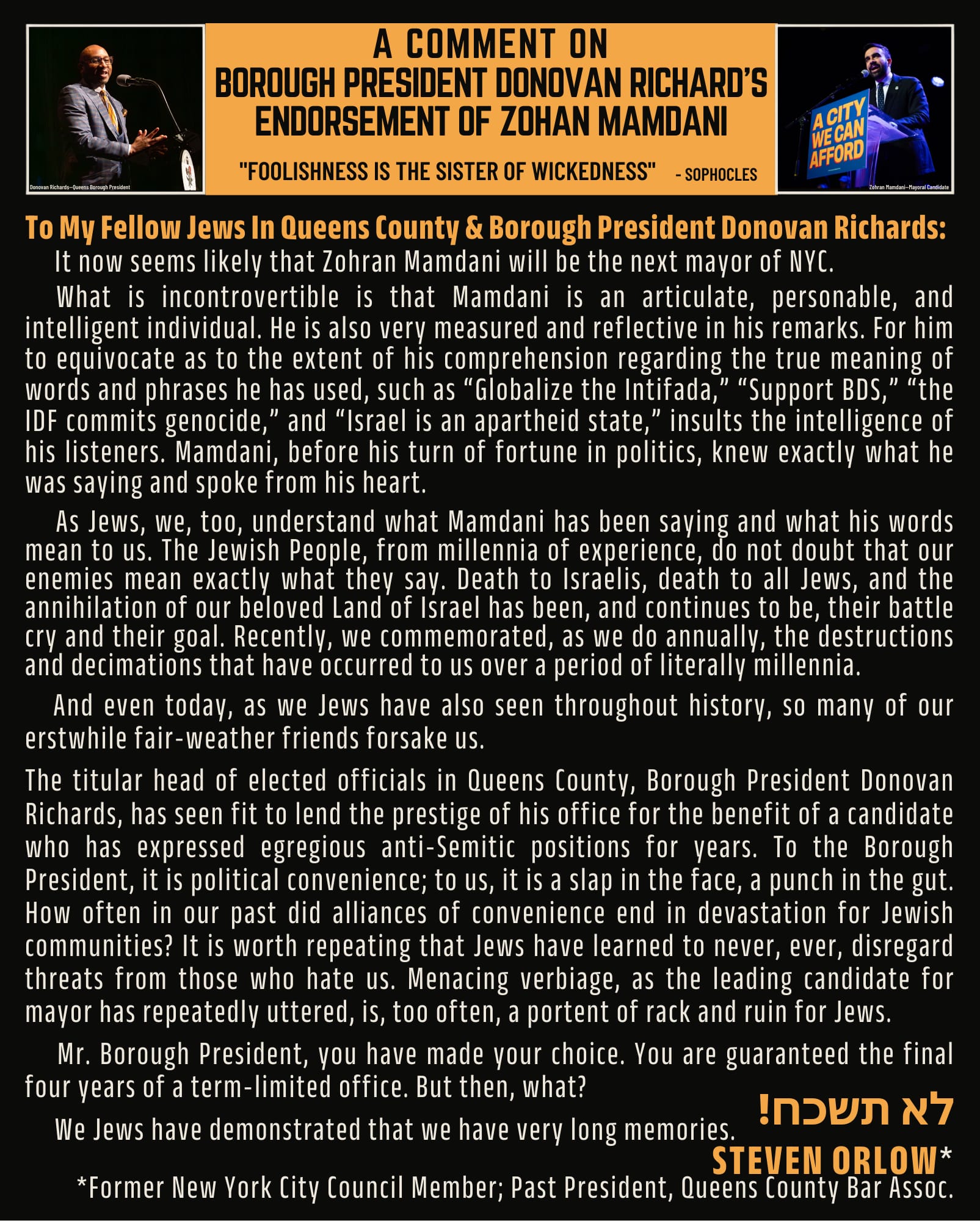
Parashat Metzora continues the theme of purification with a detailed process for cleansing a person who has recovered from tzaraas. The afflicted person must bring two birds, a cedar branch, scarlet thread, and hyssop. One bird is slaughtered over an earthen vessel filled with spring water, while the other bird, tied to the cedar and hyssop, is dipped into the blood and water mixture. After the sprinkling ceremony, the person immerses in a mikveh and offers sacrifices. This multi-step ritual is required before the person can rejoin the community.
The Talmud offers a further insight into the deeper meaning of this purification process. Rabbi Yonason explains that tzaraas, which appears as a punishment for harmful speech, specifically gossip, is also connected to pride. The rituals of purification serve as a lesson: the individual who gossips is as arrogant as a cedar, while the humble individual is likened to the lowly grass or worm, which symbolizes the need for humility and repentance.
Furthermore, tzaraas was not only a condition affecting individuals but could also strike a home, as seen in the laws regarding a house contaminated by tzaraas. The Kohen would inspect the house, and if the lesions did not improve, the house would be destroyed. This physical manifestation of impurity in one’s dwelling reflects how negative speech and behavior can seep into one’s life and surroundings, ultimately leading to destruction.
A modern example that reflects this can be seen in the recent rise of “cancel culture” and the consequences of gossip in the media. As we have seen in recent times, harmful speech can rapidly damage reputations and careers. Much like tzaraas spreading to a person’s clothing or home, gossip today spreads quickly through social media and news outlets, often resulting in lasting personal and professional damage. The Torah’s lessons on the impact of harmful speech remain relevant, reminding us that we must be vigilant in guarding our words and their potential consequences. Just as the purification process restores the individual to the community, so too must we work to restore trust and harmony that is broken by slander and gossip.
Rabbi Yitzchok Zilber, zt"l, dedicated his life to teaching Torah, and his impactful writings continue to inspire Jews worldwide. Copyright© 2023 by The LaMaalot Foundation. Conversations on the Torah, by Rabbi Yitzchak Zilber is catalogued at The Library of Congress. All rights reserved. www.LaMaalot.org
Parashat Metzora: Purification and Humility Lessons From Tzaraas In Modern Times
Typography
- Smaller Small Medium Big Bigger
- Default Helvetica Segoe Georgia Times
- Reading Mode













